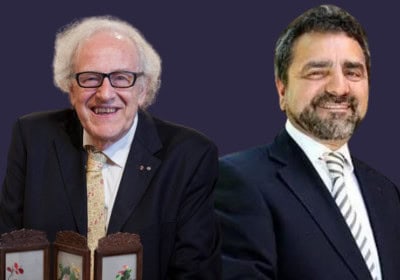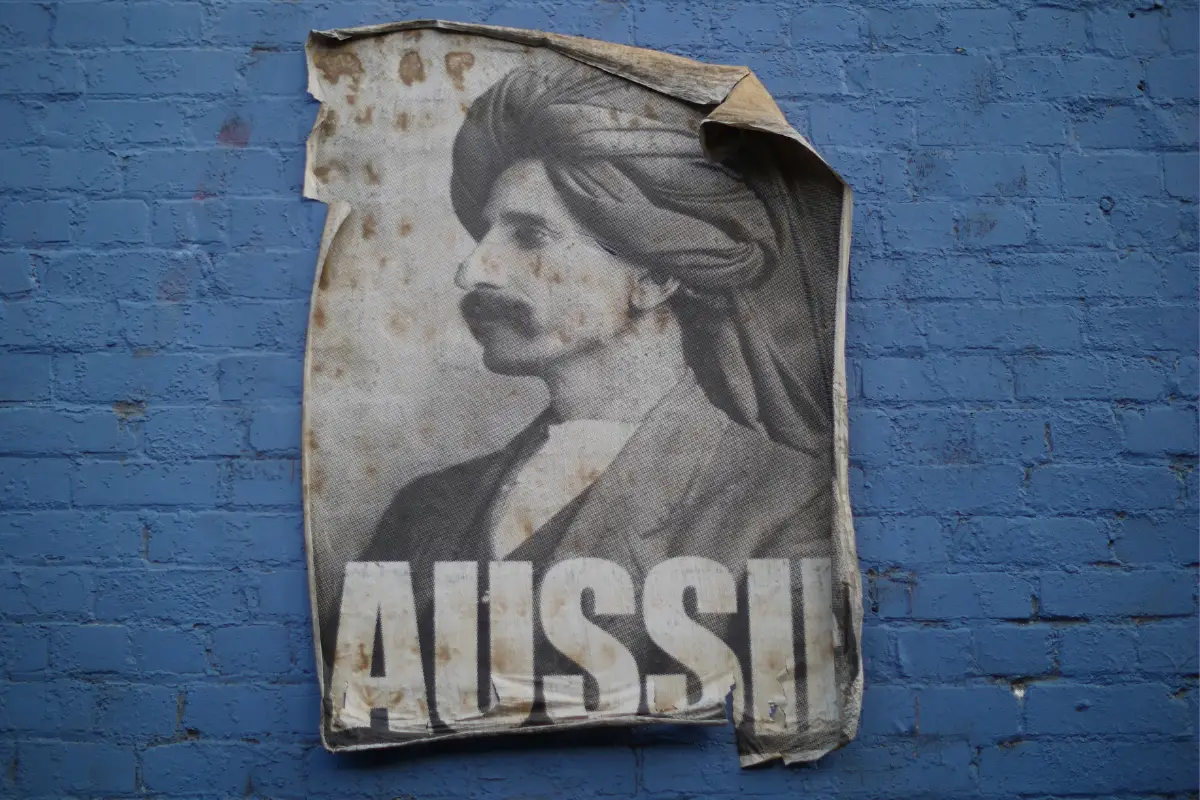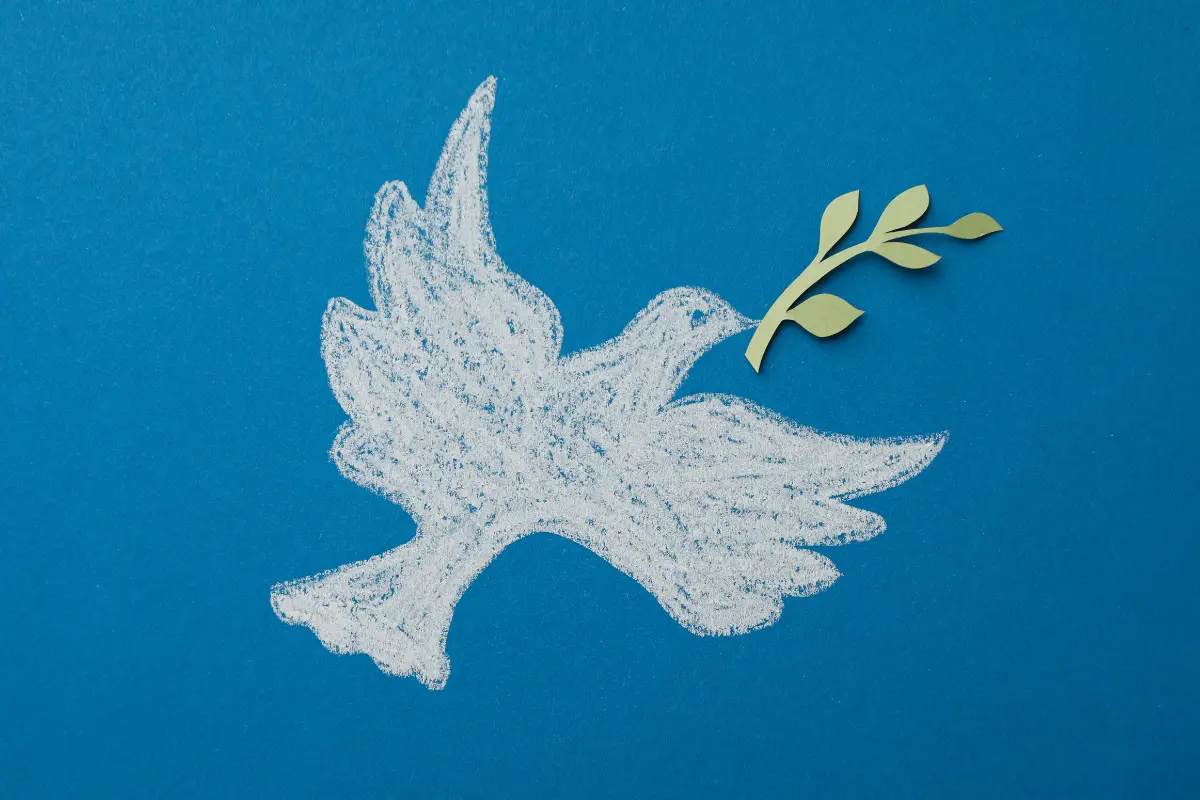
The historian & the magnate
It’s the story of humanity, but also of other life forms, and of Earth, the stars and the universe itself. It’s “Big History” – and it so enthralled Bill Gates, who watched a lecture series about it while running on a treadmill, that he put up US$10 million to create a free online course for high schools.
Gates’s partner in this venture, the Big History Project, was David Christian, a Macquarie University historian who coined the term, pioneered the new field and has been teaching it to undergraduates since 1989.
For Christian, Big History constitutes the origin story missing in our modern, secular society. He believes it not only helps to explain our place in the world but can also unify us at a time of growing divisions and empower us to tackle global challenges.
History from a distance
With its origins in the discipline of history, Big History unites scope and rigour, linking insights from diverse fields including astronomy, biology, geology, anthropology, archaeology, palaeontology, economics and environmental studies.
Only by viewing history at these vast scales, argue Christian and other Australian researchers, who have led this now internationally thriving field, can we gain real perspective. For example, growth is widely assumed to be fundamental to human society – yet during Homo sapiens‘ 250,000-year history, growth has occurred only in the last 10,000 years, most of it in recent centuries.
The wide long lens of Big History exposes larger patterns and trends. As Christian has written:
“Big History encourages us to ask big questions about our place in the universe … [and to] search for larger meanings in the past.”
His vast, gripping narrative begins with the Big Bang, nearly fourteen billion years ago, moving on to the formation of stars and planets, then the appearance of increasingly complex life on Earth. It identifies eight key “thresholds” of dramatic change; Homo sapiens arrives only at Threshold 6, followed by agriculture (7) and, 200 years ago, fossil fuels, marking the start of the Anthropocene (8).
Teaching the story of everything
The “story of everything” has been taught in high schools in Australia, New Zealand, the US, Britain, Japan, Russia, the Netherlands and South Korea. Another course, for primary schools, was created in 2018 by Macquarie University’s Big History Institute. The field is now studied and researched at universities around the world. As a generous mentor of younger researchers, Christian has ensured that a number of younger scholars and teachers now contribute to and expand this field.
Feedback from schools and universities, the popularity of the lecture series Gates watched, and the nearly nine million views received by Christian’s 2011 TED talk, illustrate Big History’s capacity to engage and enthuse.
The story will be revised and updated as new insights emerge. But what lessons does it contain so far?
By demonstrating our long, common history as a species, Big History could unify us, drawing different cultures together – and help us to address complex global problems, such as the steep decline in biodiversity.
And, by showing that all life on Earth is related, and revealing humanity’s uniquely destructive impact since Threshold 8, it could inspire us to develop a more sustainable relationship with our environment.



